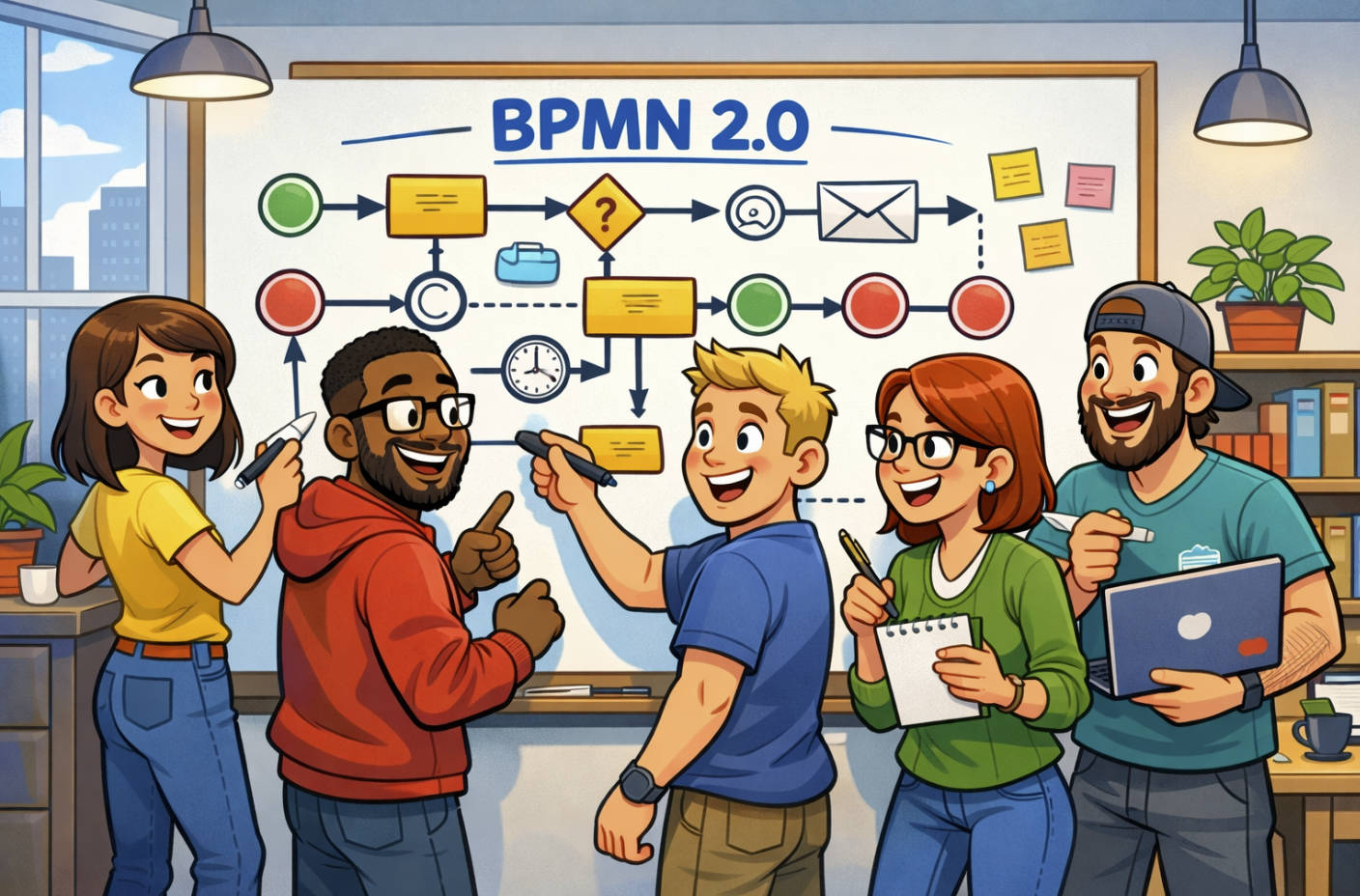🌟 Likability > Acronyms
In business analysis, technical expertise often gets the spotlight.
Certifications, frameworks, and acronyms dominate conversations about what makes a “good” analyst. But here’s the truth: stakeholders rarely remember the acronyms you used.
What they remember is how you made them feel.
Were you approachable? Did you listen without judgment? Did you make complex ideas easier to understand, or did you make people feel small for not keeping up?
In many cases, likability and clarity matter far more than raw technical knowledge.
👂 Listening Over Lecturing
When analysts approach meetings as lecturers rather than listeners, they risk alienating the very people they’re meant to support.
Stakeholders don’t want to be told everything they don’t know. They want to feel understood.
Being easy to work with means knowing when to pause the technical talk and focus on empathy.
The analyst who actively listens — to both what’s said and what’s left unsaid — becomes a trusted ally, not just a subject matter expert.
🤝 Building Psychological Safety
A big part of being easy to work with is creating a safe space for questions and ideas.
If stakeholders feel judged for not knowing technical jargon, they’ll disengage.
The best analysts simplify without dumbing down, encourage curiosity, and reassure people that “not knowing” is part of the process.
This kind of psychological safety leads to richer discussions, better requirements, and ultimately more successful projects.
AI can crunch data, but it can’t create an environment where people feel valued. That’s a human analyst’s job.
📊 Case Example: Two Analysts, Two Outcomes
Imagine two analysts leading workshops on the same process.
Analyst A dazzles with frameworks, acronyms, and technical depth. But stakeholders leave overwhelmed, unsure how it all connects to their day-to-day work.
Analyst B explains simply, asks questions, and makes people feel like collaborators. Stakeholders leave motivated, ready to engage further.
Both analysts have technical skill — but only one left a positive impact.
💡 Clarity Creates Influence
Complexity is easy. Clarity is hard.
The analyst who can break down technical details into clear, actionable insights is the one who wins trust.
Stakeholders don’t want 50-slide decks filled with jargon; they want to know what matters, why it matters, and how it affects them.
By speaking plainly, analysts become not just interpreters of information, but influencers of decision-making.
🙌 The Analyst People Ask For by Name
Over time, stakeholders gravitate toward analysts who are approachable, empathetic, and clear.
They become “the analyst people want in the room” because they make collaboration feel productive, not painful.
This doesn’t mean technical skills don’t matter — they absolutely do. But they’re only effective when paired with interpersonal ease.
In the age of AI, this human factor becomes even more critical. Machines may generate insights, but only people who connect well with others can turn those insights into action.
🔑 Final Thoughts
Being easy to work with isn’t a soft, optional trait — it’s a competitive advantage.
Analysts who prioritise likability, clarity, and empathy create stronger relationships, better outcomes, and lasting influence.
Stakeholders won’t remember the acronyms you used, but they’ll remember the trust you built and how you made them feel.
In a world where AI handles technical complexity, the analysts who thrive will be the ones who bring humanity, clarity, and connection to the table.






